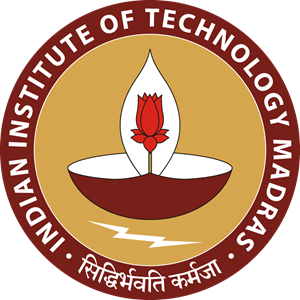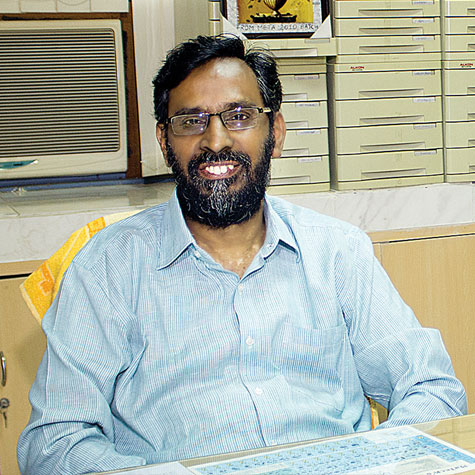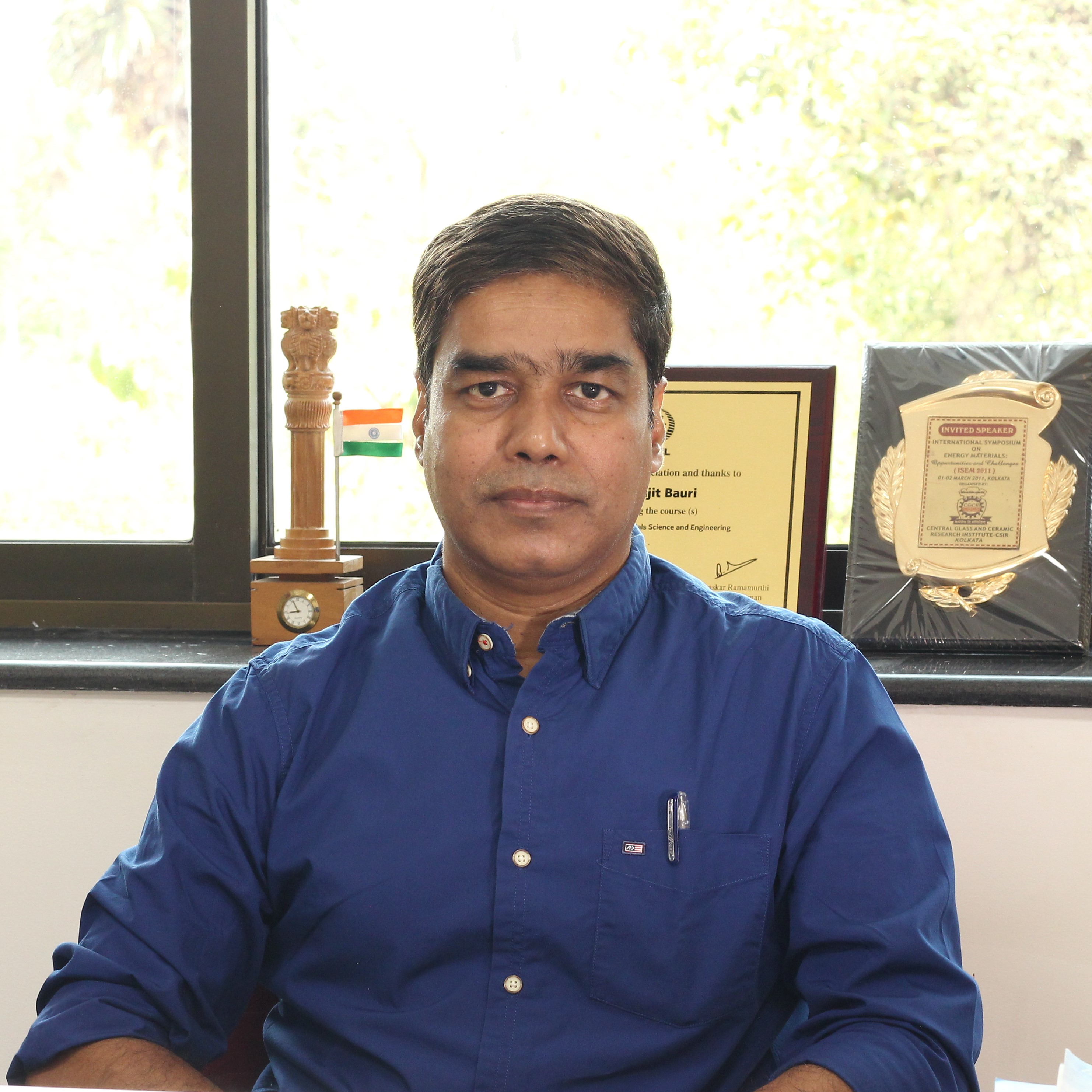Nano and Bulk Materials Processing
Nano and bulk materials processing are two different approaches to manipulating and shaping materials at different scales.
Nanomaterials processing refers to the manipulation and shaping of materials at the nanometer scale. The unique properties of these materials are a result of their small size. Techniques used in nanomaterials processing include:
- Bottom-up synthesis: building up structures atom by atom or molecule by molecule
- Top-down synthesis: breaking down bulk materials into smaller pieces
- Self-assembly: arranging atoms and molecules into ordered structures
- Directed assembly: controlling the position of atoms and molecules during self-assembly
- Templating: using a pre-existing structure to guide the growth of a material
Bulk materials processing refers to the manipulation and shaping of materials at the macro or micro scale. Techniques used in bulk materials processing include:
- Casting: pouring liquid metal into a mould and allowing it to solidify
- Forging: using hammers or presses to shape the metal
- Extrusion: pushing metal through a die to shape it
- Stamping: using a punch and die to shape the metal
- Rolling: using rolls to compress and shape the metal
Both nano and bulk materials processing have their own advantages and disadvantages depending on the application and the desired final shape. Understanding the properties and behaviour of materials at different scales is essential for the design, development, and control of the manufacturing processes.
Courses in nano and bulk materials processing can be found in the fields of materials science and engineering, mechanical engineering, chemical engineering, and manufacturing engineering. These programs often include materials science, engineering, physics, chemistry, and computer programming classes, as well as laboratory work to provide hands-on experience with the different techniques and equipment used in nano and bulk materials processing. Graduates of these programs may go on to work in research and development in the industry, academia or government laboratories.








